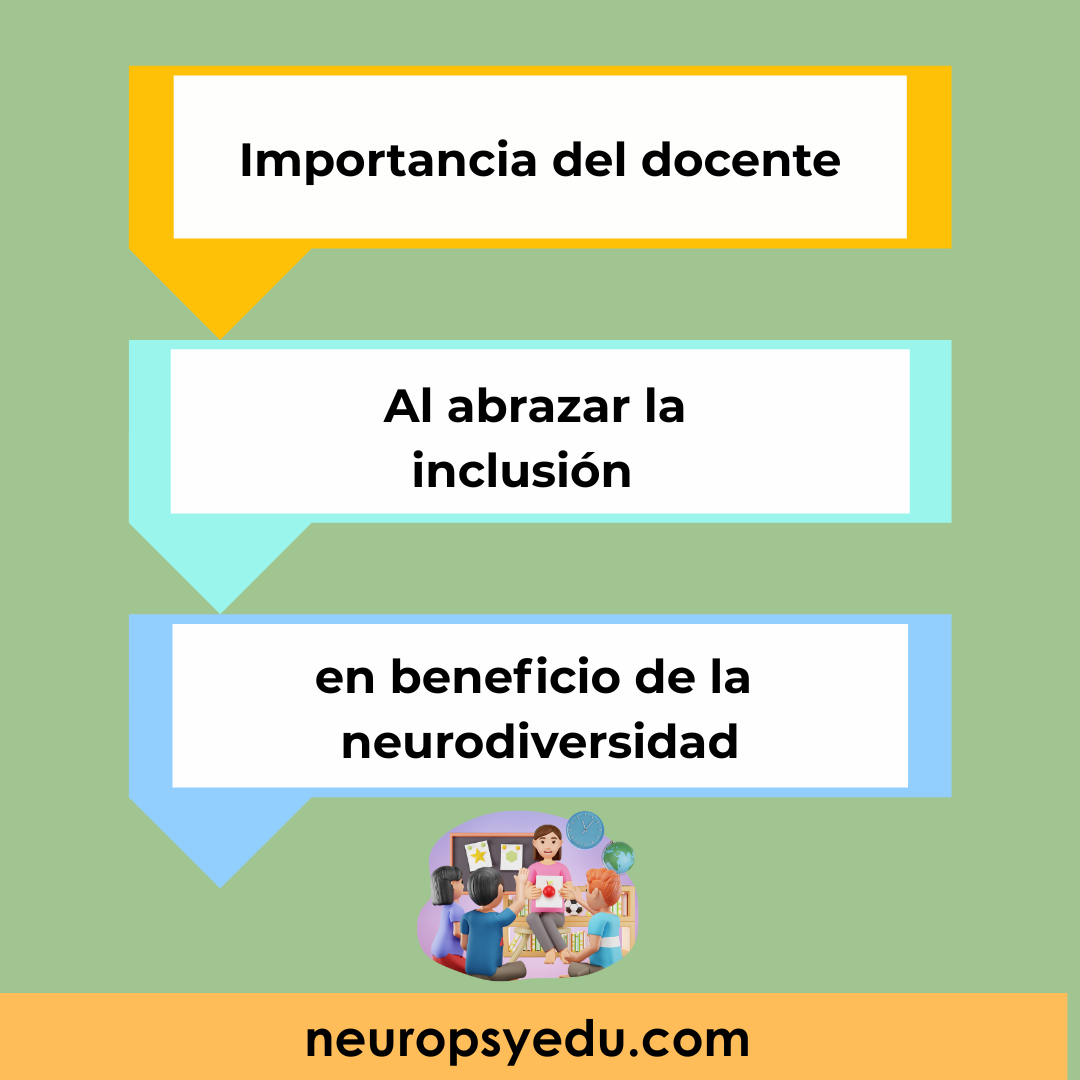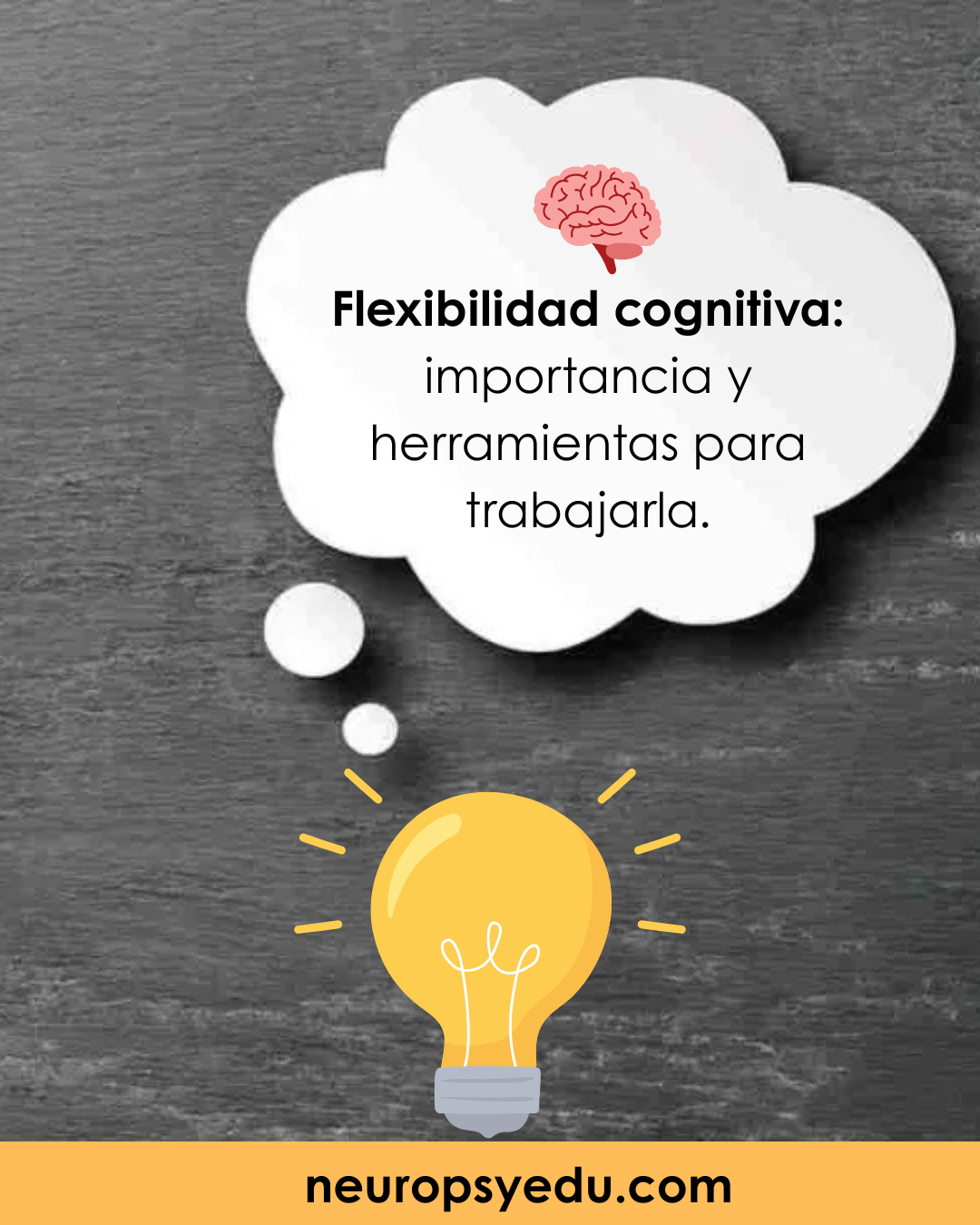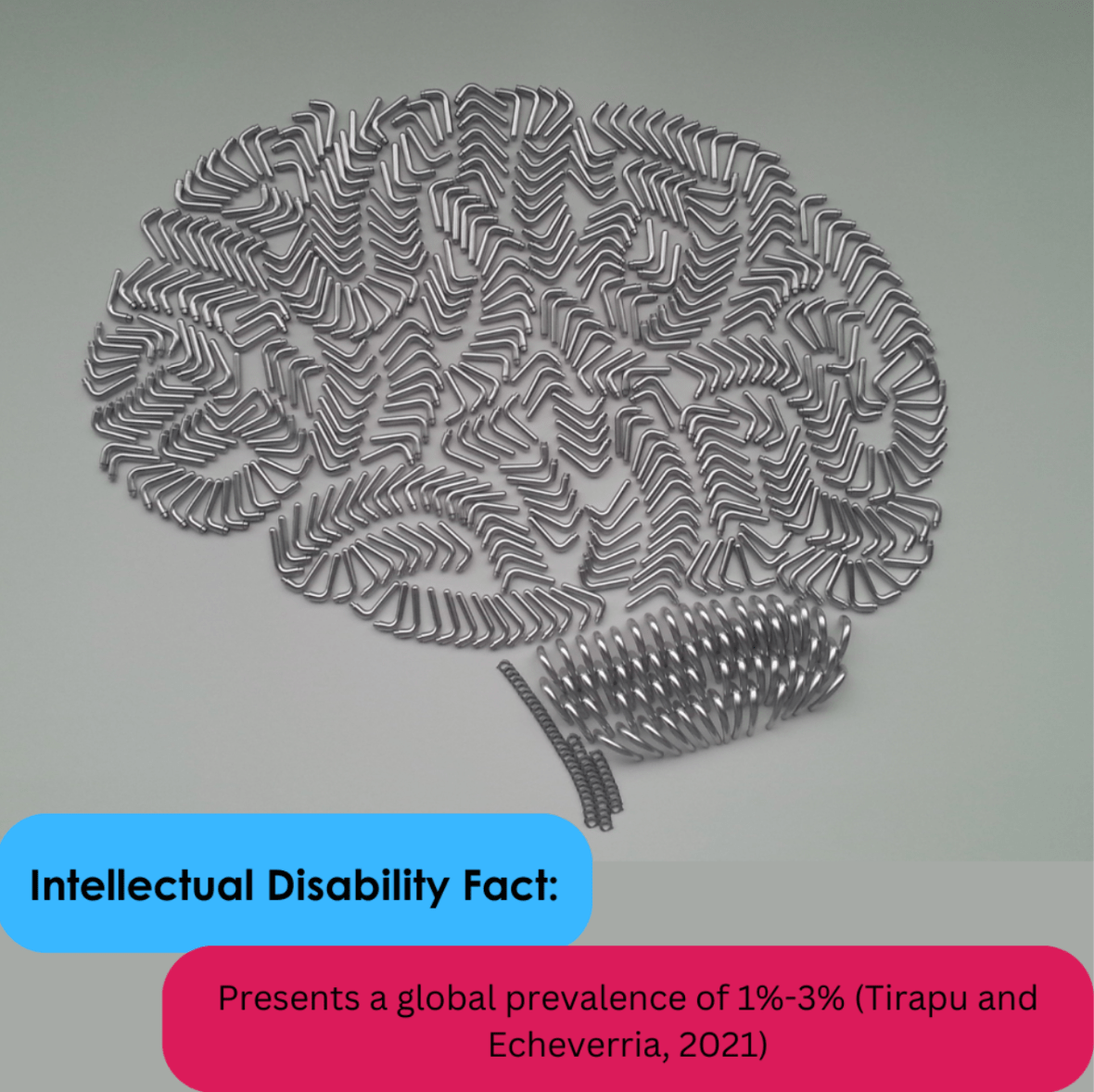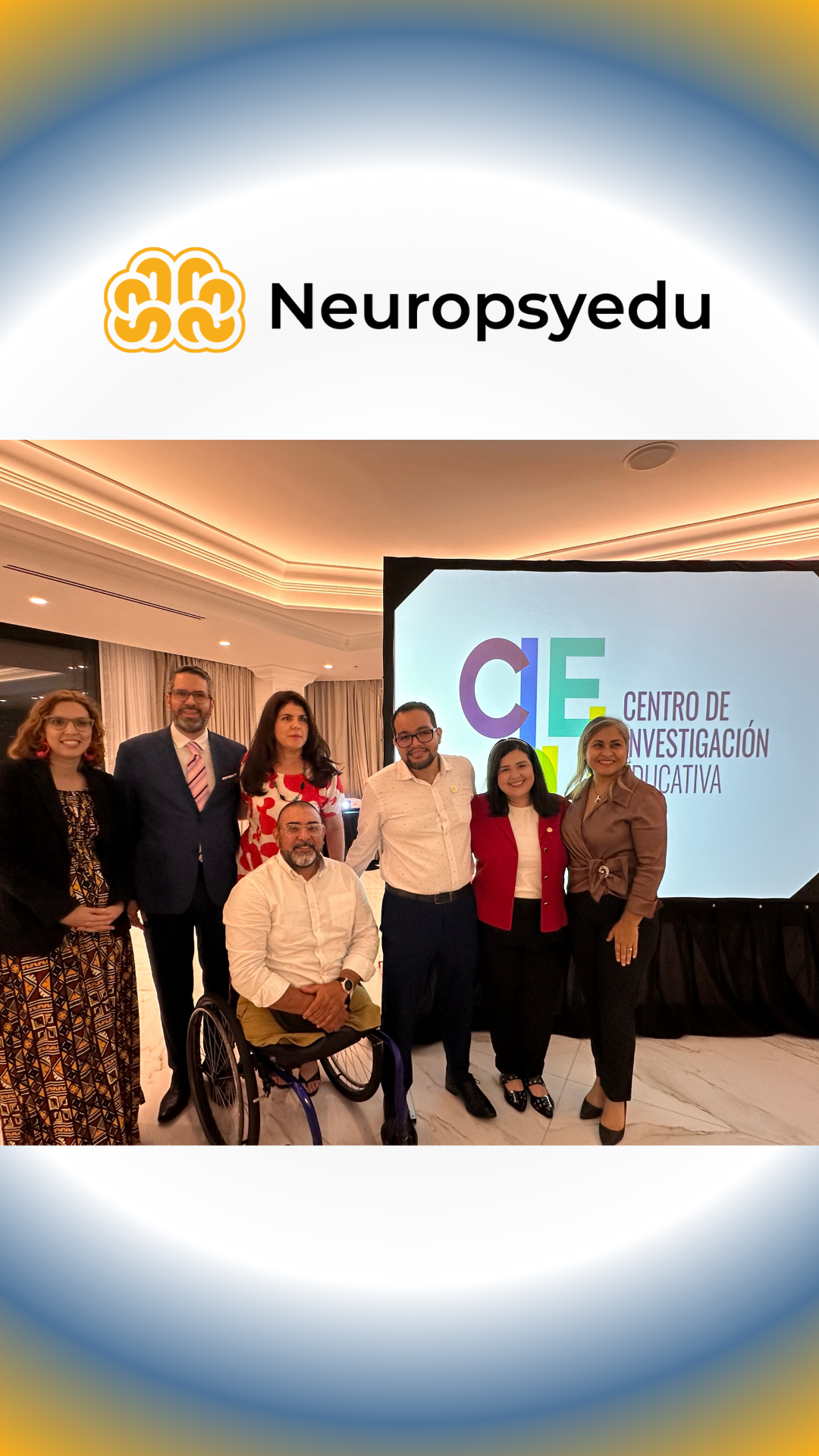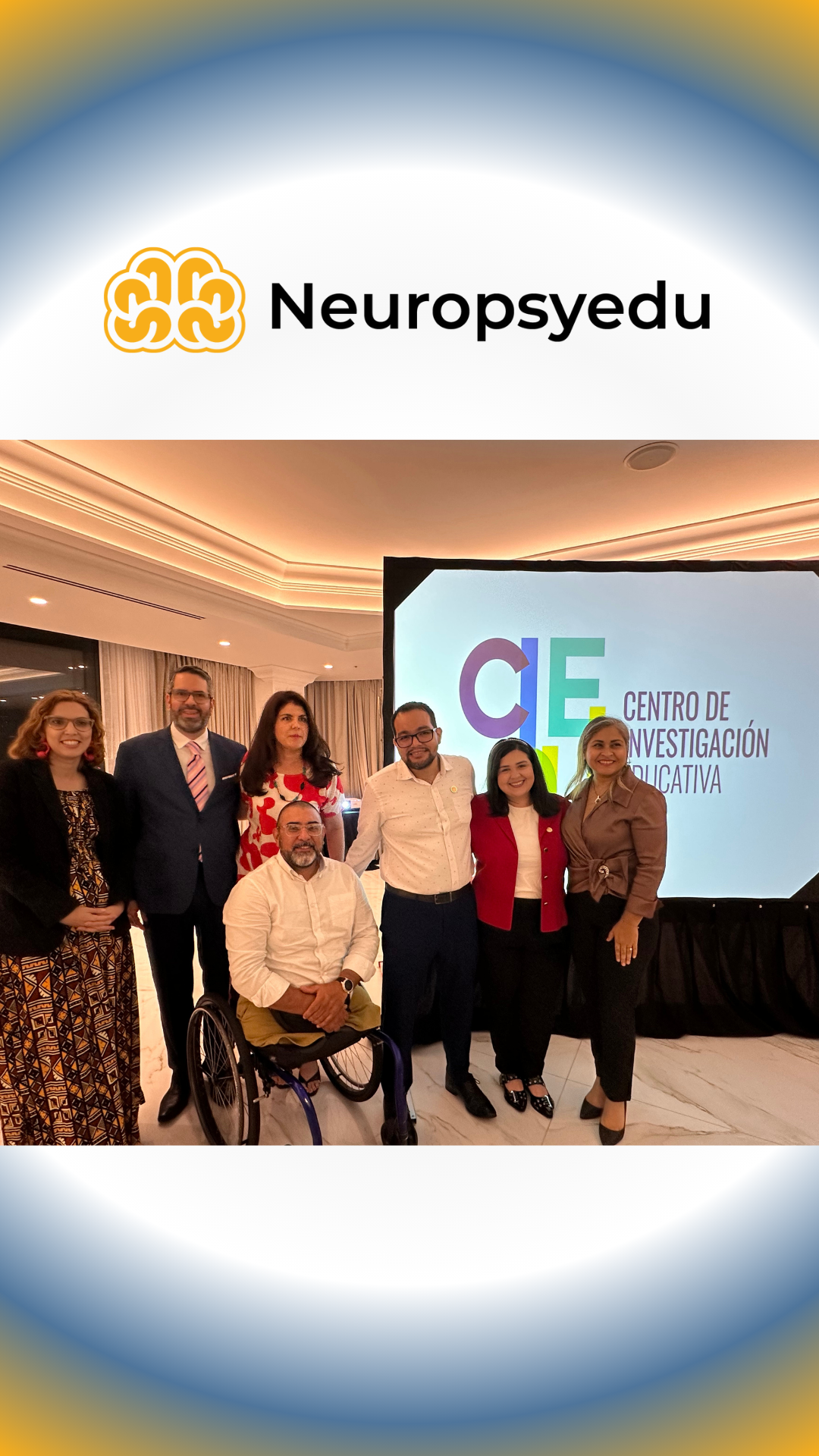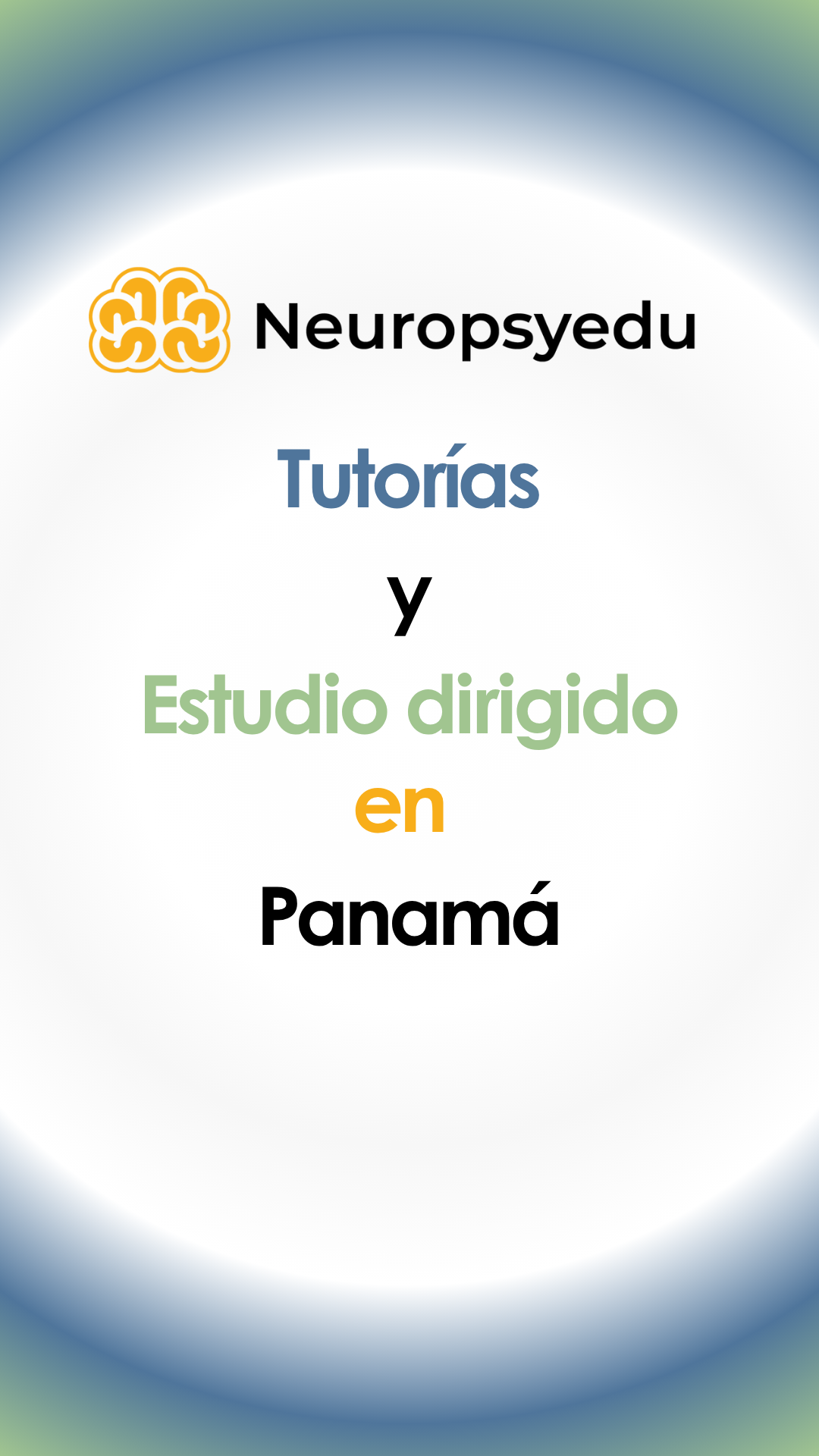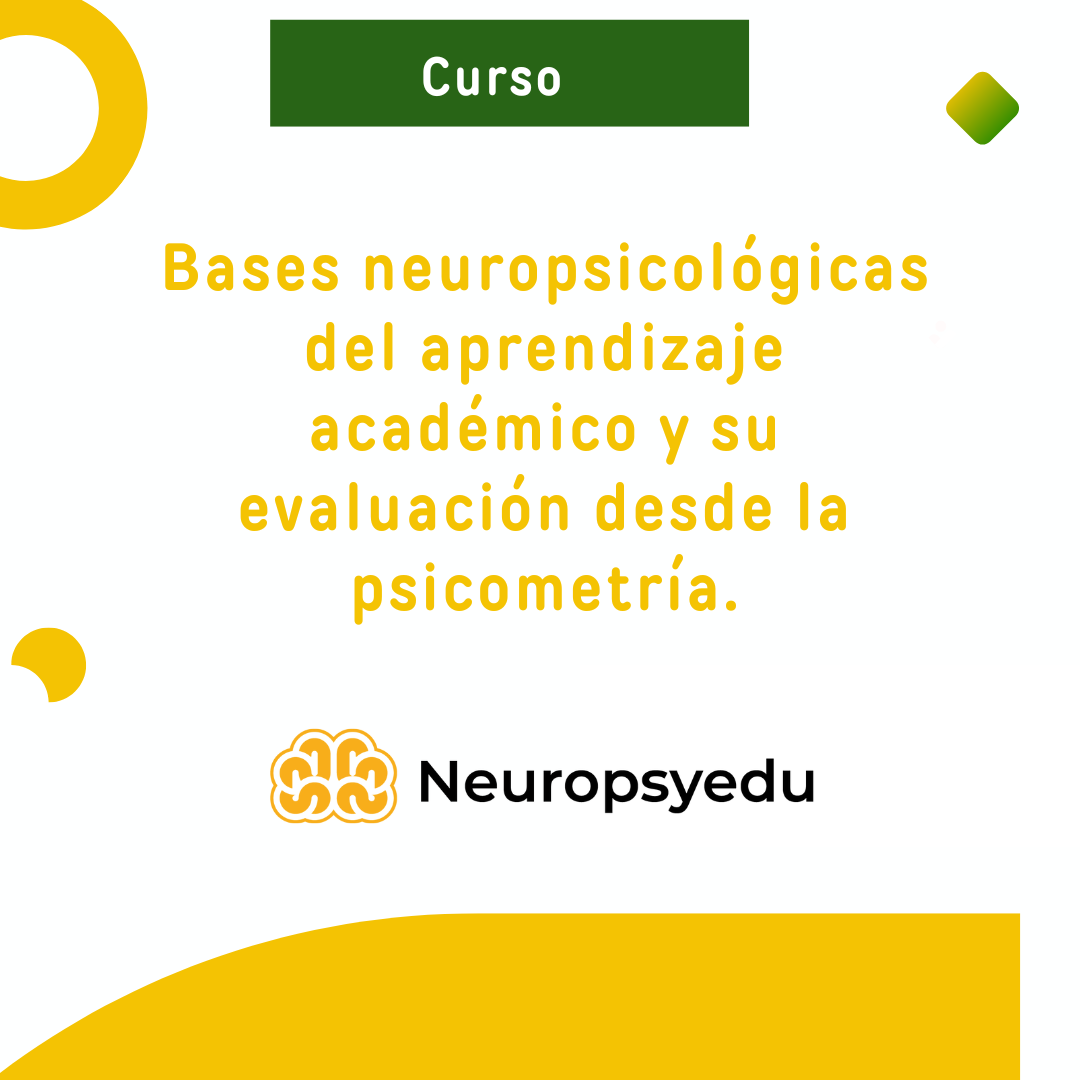Evaluation and Diagnosis of Intellectual Disability in Panama
Evaluation and Diagnosis of Intellectual Disability in Panama.
Authors: Mario Pimentel¹ and Melissa Kuzman²
² Psychologist and Neuroscience specialist
🔎🧠A definition for intellectual disability that is widely accepted proposes that it is a condition characterized by significant limitations in intellectual functioning and adaptive behavior. Its onset coincides with the start of development, affecting intellectual processes of reasoning, problem resolution, planning, abstract thinking, judgment and academic learning. Additionally, deficiencies in adaptive behavior can be observed, affecting personal autonomy and social responsibility in different contexts and scenarios.
🧐Intellectual disability is the disability with the most prevalence in the educational sector in Panama. Based on data from the Statistic Department at IPHE (2021), out of 16,078 students that received support from teachers in IPHE educational centers all over Panama during 2021, 9,920 students presented with intellectual disability. This piece of data reflects that Panama is undergoing multiple challenges: to detect these cases in a timely fashion, and to provide these individuals with therapeutic and educational support that gives them tools to further help in the adaptation to the demands of the environment.
🤓When the term intellectual disability is brought up, two main concepts rise, that are important to understand to offer the best support to these individuals. The first concept is intelligence; which is the capacity to act in a rational way, understand facts, interact, verbally respond to situations, solve abstract problems, and show adequate capacity to process information fast, efficiently and with adequate mental control (Wechsler, 2007; Flanagan and Kaufman, 2012). All of the mentioned aspects help learn new information, so intelligence is an important predictor of academic success.
👉🏼The second concept is adaptive behavior. This term refers to the set of skills and abilities necessary for individuals to develop optimally in the home, work, school and community (Oakland and Harrison, 2013). Adaptive behavior is related to adaptive abilities; that is defined as a set of competencies that help people fit in a specific role.This helps modify behavior according to the demands of the situation (AAMR, 2002).
👀Currently, when referencing the concept of intellectual disability, professionals should not only base their diagnosis on the severity of the signs and symptoms according to intelligence tests. It is also important to assess adaptive behaviors that help objectivize our neuropsychological diagnosis.
✍️In the next paragraphs we will touch base on standardized tests used to assess Intellectual Disability. The name of each evaluation will be in blue, meaning that if you are interested in learning more about this evaluation, you can click on it and will be directed to a webpage with all the information that pertains to it.
✅Intelligence Tests in Kids and Adolescents (WISC-IV): Evaluation that assesses cognitive indicators that correspond to intelligence. It measures verbal comprehension, perceptual reasoning, working memory, and processing speed. Additionally,
TONI-IV is used when evaluating problem solving skills without the influence of language or cultural factors. It is best used with patients that present with language deficits or difficulties to understand comprehensive language.
✅WPPSI-IV:
Ideal evaluation for infants between the ages of 2 years 6 months, and 7 years 7 months. Allows the measurement of cognitive aptitudes related to verbal comprehension, reasoning, visual processing, working memory, nonverbal IQ, general capacities and cognitive skills. From a neurodevelopmental point of view, timely detection of any cognitive impairment is important to plan and elaborate early detection and intervention plans that fit each family and case.
✅Adaptive Behaviors (ABAS-2): Adaptive behaviors refer to personal qualities associated with the ability to meet one´s personal needs like communications, self-care, socialization, and those of others. For the diagnosis of intellectual disability it is important to apply this evaluation because it can direct us to find strengths and weaknesses in the family, community and school environments, and to analyze how these abilities could be facilitating or creating obstacles in generating independence (Harrison and Oakland, 2008).
✅Neuropsychological Development (CUMANIN and CUMANES):
Refers to maturation and organization of the central nervous system, so that the person can execute environmental demands in an adaptive and functional way. It involves multiple mental functions such as perception, attention, memory, executive functions and motor abilities.
✅Psychoeducational evaluations: It is important to assess the level of functioning of certain areas like reading, writing, math, phonological conscience, logical reasoning. For this we use evaluations like
PROLEC-R and PROLEC-SE-R (reading),
PROESC (writing) and
BANETA
(detecting learning difficulties). Is important to note that the line between intellectual disability and learning difficulty is very thin. Indicators for intellectual disability include an IQ below the normative level and a dysfunction in adaptive behaviors. If these indicators are present, then a diagnosis of learning difficulty is discarded. In some occasions patients can have an IQ and adaptive behaviors related to their age, and still show learning difficulties. For this reason, it is important to evaluate patients suspected of learning difficulties with these evaluations to discard dyslexia, dyscalculia, dysorthography and dysgraphia.
✋🏻Early detection of intellectual disability is important, but it is also important to provide patients already diagnosed with the pertinent follow-up and neuropsychological reevaluation.
🤓Why is reevaluation important? Because it allows the therapist to update recommendations for the school, family and patient, so that actions can be implemented to better the patients wellbeing.
👀For example, patients diagnosed with intellectual disability that have finished school and are entering college; could need an updated report about their current situation. This report could help the university officials to provide personalized attention according to their needs, level of functioning and expectations. A similar situation could happen when the patient is changing schools, and finishing a stage in their schooling like going from elementary to middle school.
🙌Remember to schedule an Educational Neuropsychology appointment at the Centro Integral Terapeutico de Neuropsicologia Educativa (Neuropsyedu).
It is located in Panama City, PH Centro Empresarial Mar del Sur. You can send us a message through Whatsapp at +507 6535 6362
Mario Pimentel
Psicólogo/Neuropsicólogo Educativo idóneo en Panamá



